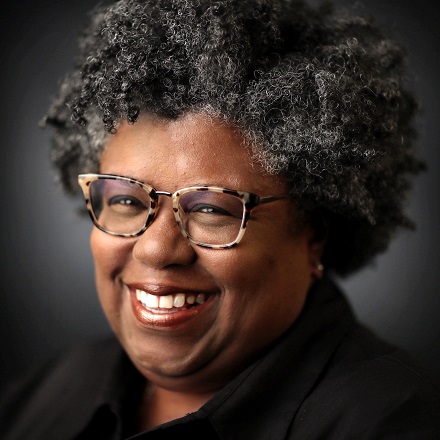Shelby County officials say Strickland can’t compare city’s minority purchasing program to the county’s
Shelby County officials don’t dispute Memphis Mayor Jim Strickland’s statement about the small percentage of county contracts that go to minority-owned and women-owned businesses in comparison to the city of Memphis.
Topics
Jim Strickland Lee Harris Memphis Shelby County Shelby County Commission Shep Wilbun Tami Sawyer Van Turner
Linda A. Moore
Linda A. Moore covers education, South Memphis and Whitehaven. A native of South Memphis, Linda has covered news in Memphis and Shelby County for more than 20 years and was formerly a reporter with The Commercial Appeal.
Comments
Want to comment on our stories or respond to others? Join the conversation by subscribing now. Only paid subscribers can add their thoughts or upvote/downvote comments. Our commenting policy can be viewed here.